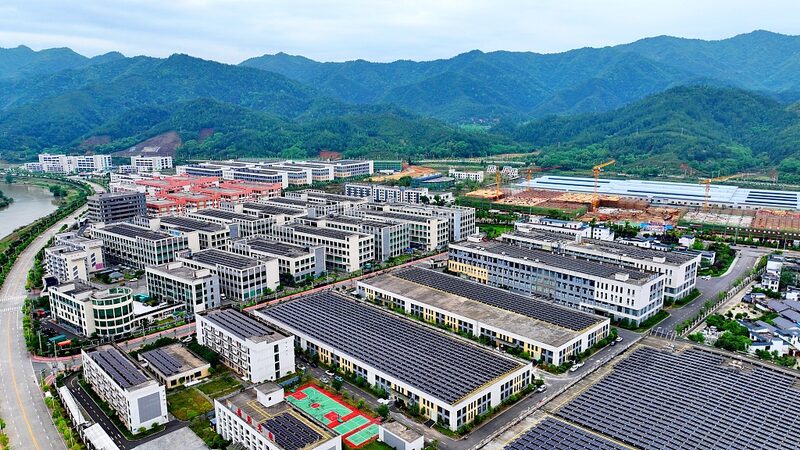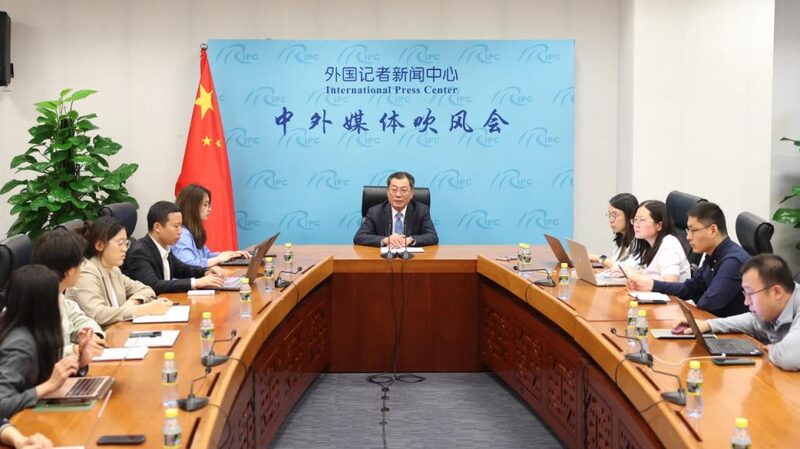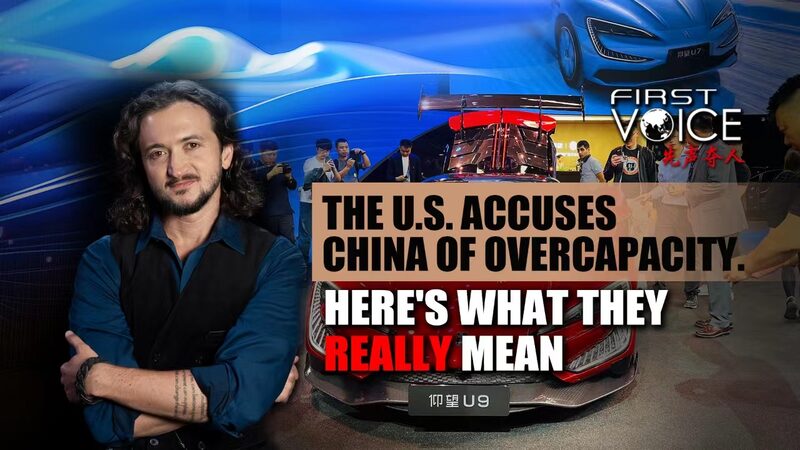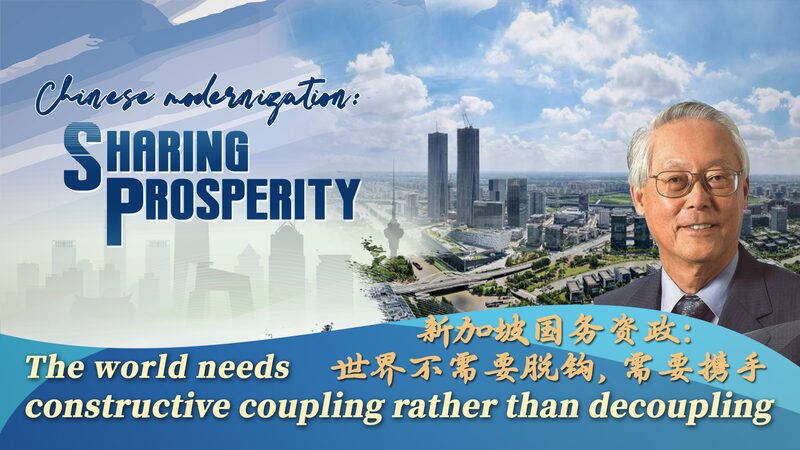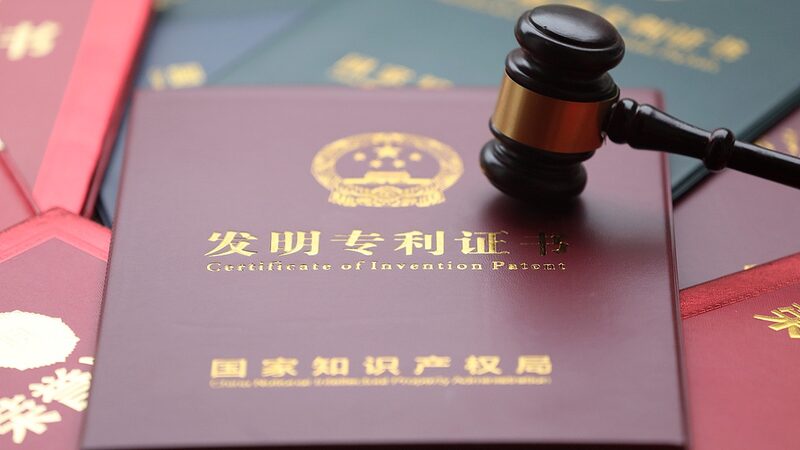The United States has recently intensified its criticism of China’s so-called “overcapacity,” accusing Beijing of flooding global markets with inexpensive products and distorting market dynamics. However, a closer examination reveals that these allegations may serve as a smokescreen for advancing U.S. self-interests.
Earlier this year, the term “decoupling” dominated discussions, with U.S. leaders suggesting a reduction or elimination of reliance on Chinese goods unless China adhered to Western economic norms. This approach proved unrealistic, akin to embarking on major surgery without anesthesia—an act of shortsightedness rather than strategic toughness.
With “decoupling” deemed impractical, the narrative shifted to “overcapacity.” U.S. officials now contend that China’s production of advanced goods at competitive prices undermines American and European industries. U.S. Treasury Secretary Janet Yellen voiced concerns that China’s domestic policies lead to large export volumes at depressed prices.
But is China’s production truly a threat, or is it a convenient scapegoat for deeper economic challenges within the U.S.? China’s manufacturing growth has been instrumental in driving global economic recovery, providing affordable goods that benefit consumers worldwide. Labeling this progress as “overcapacity” overlooks the positive impacts on global markets and shifts focus away from addressing internal economic issues.
Moreover, the call to criticize China’s economic practices ignores the interconnected nature of today’s global economy. Attempts to isolate or vilify a key economic player could have unintended consequences, disrupting supply chains and affecting international relations.
For business professionals, investors, and global readers seeking insights into Asia’s economic landscape, it’s essential to recognize the nuances behind these accusations. Rather than attributing economic difficulties to external factors, a collaborative approach that acknowledges mutual benefits and interconnected growth may prove more effective.
As the discourse continues, academics, researchers, and policymakers are encouraged to delve deeper into the underlying motivations of such criticisms. Understanding the broader context can foster more informed discussions and promote strategies that benefit the global economy as a whole.
Reference(s):
China's 'overcapacity' a smoke screen for U.S. selfish agendas
cgtn.com
